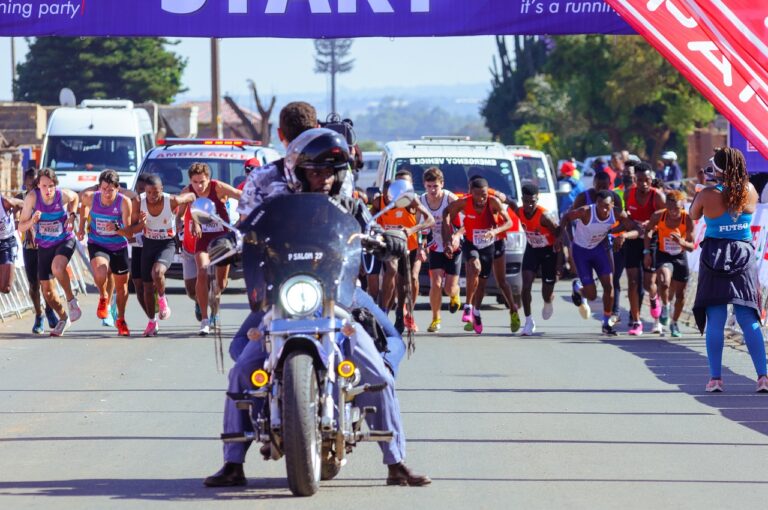Legal Challenges of Transgender Inclusion in Cricket: Policies and Equality Rights: 11xplay sign up, India 24 bet login, Skyinplay.com login
11xplay sign up, india 24 bet login, skyinplay.com login: Transgender inclusion in sports is a topic that has gained significant attention in recent years, with cricket being no exception. As more individuals identify as transgender or non-binary, there is an increasing demand for sports organizations to create more inclusive policies. However, this transition is not without its legal challenges, particularly in a traditionally male-dominated sport like cricket.
In recent years, several transgender athletes have made headlines for their participation in various sports, including cricket. This has sparked debates about fairness, safety, and equality rights within the sporting community. The International Cricket Council (ICC) and national cricket boards around the world are now faced with the task of developing policies that address the needs of transgender athletes while ensuring a level playing field for all participants.
One of the key legal challenges facing transgender inclusion in cricket is the issue of gender identity recognition. Many sports organizations, including the ICC, rely on binary gender categories (male and female) to determine eligibility for competition. This can pose a significant barrier for transgender athletes who may not fit neatly into these categories. As a result, there is a growing call for sports organizations to adopt more inclusive policies that recognize and respect the gender identity of all athletes.
Another legal challenge is the issue of hormone therapy and its impact on performance. Transgender athletes who undergo hormone therapy as part of their transition may face restrictions or requirements that can affect their ability to compete. It is crucial for sports organizations to carefully consider the medical and ethical implications of such policies to ensure that they do not discriminate against transgender athletes.
Furthermore, the issue of privacy and confidentiality is another important consideration in the context of transgender inclusion in cricket. Athletes who are transitioning may face challenges related to disclosing their gender identity to teammates, coaches, and officials. This can create a stressful and potentially unsafe environment for transgender athletes, highlighting the need for clear policies that protect their dignity and privacy.
In conclusion, the legal challenges of transgender inclusion in cricket are complex and multifaceted. However, it is essential for sports organizations to prioritize equality rights and inclusivity in their policies and practices. By working together to address these challenges, the cricket community can create a more welcoming and inclusive environment for all athletes, regardless of their gender identity.
**FAQs**
Q: Can transgender athletes compete in international cricket tournaments?
A: The eligibility of transgender athletes in international cricket tournaments is subject to the policies and regulations of the ICC and national cricket boards. It is essential for transgender athletes to comply with the relevant guidelines to participate in official competitions.
Q: What are some common misconceptions about transgender athletes in cricket?
A: One common misconception is that transgender athletes have an unfair advantage over their cisgender counterparts. In reality, transgender athletes face unique challenges and barriers that can affect their ability to compete on a level playing field.
Q: How can cricket organizations support transgender inclusion?
A: Cricket organizations can support transgender inclusion by adopting inclusive policies, providing education and training on gender diversity, and promoting a culture of respect and acceptance for all athletes.







